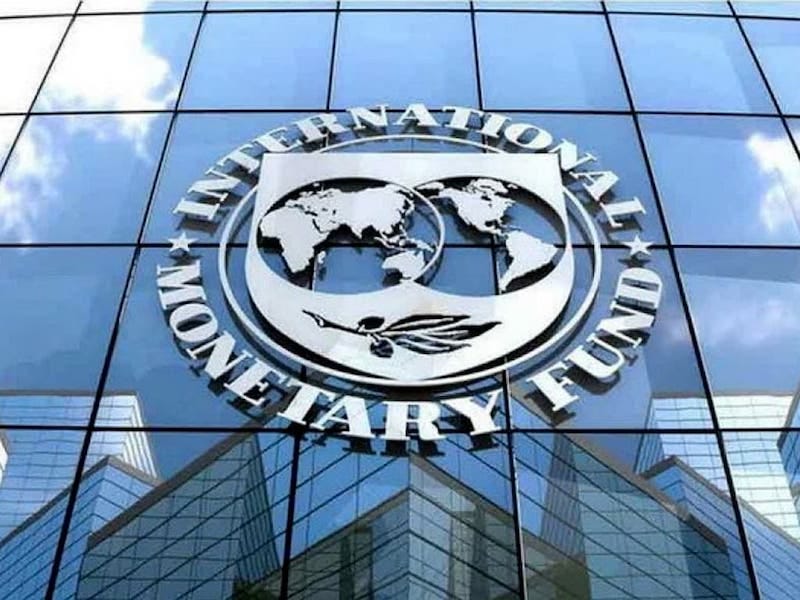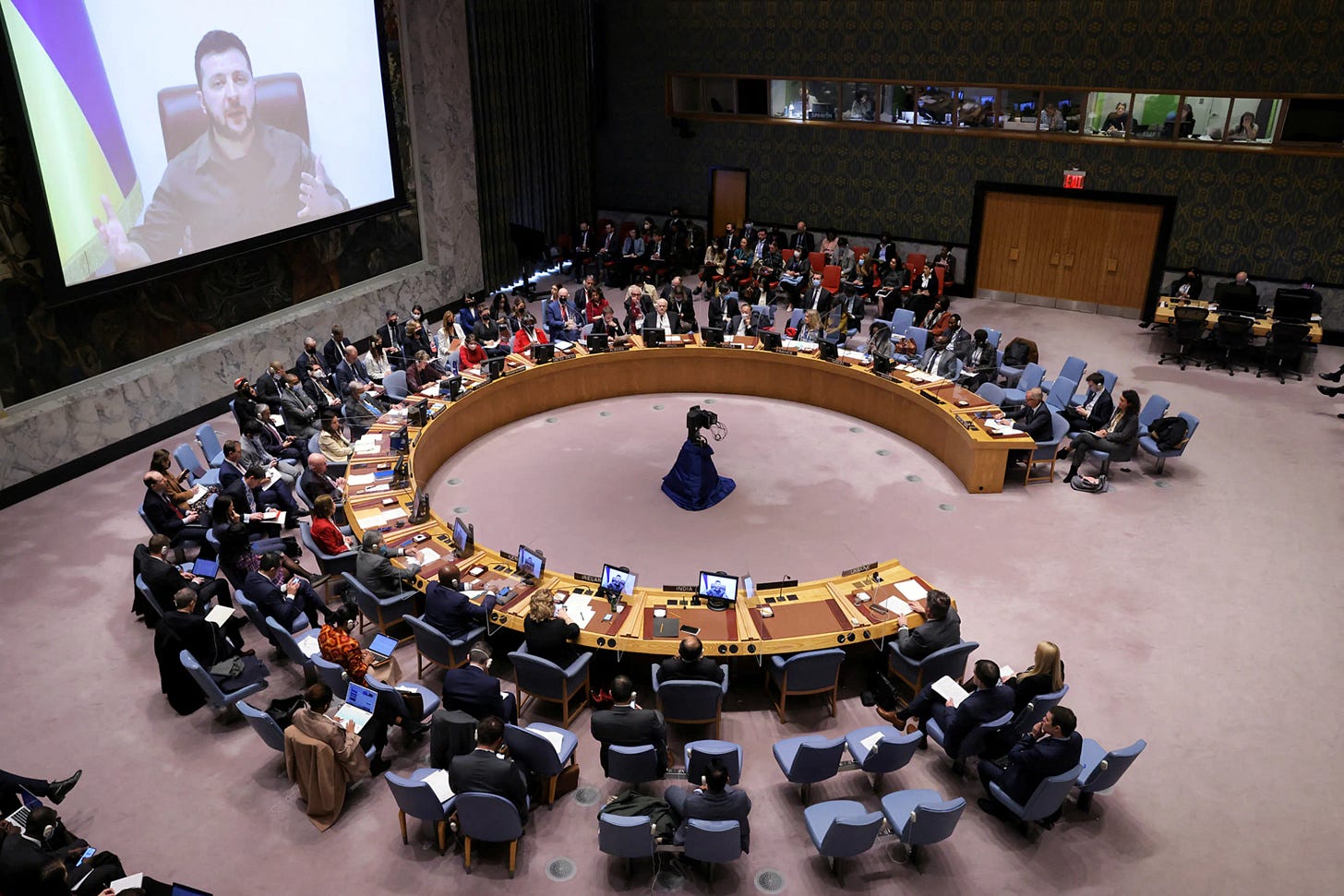Hello readers! As we step into 2025, I have exciting plans lined up. Here are the top 10 topics I’m most excited to share with you—stay tuned!
#1 More IMF Stuff
My most shared articles, like “How Deng Xiaoping of China outsmarted the IMF” and “The IMF Part II - How the Fund Actually Works”, resonated because they revealed overlooked nuances about the IMF. In 2025, I’ll delve deeper into how the IMF’s core policies can backfire and its role as a foreign policy tool for Washington, D.C. I have many ideas and case studies, from Argentina, Bolivia, and more.
#2 An Article on the UN
I’ve been working on a piece about the UN for some time. It still needs refining, but I plan to publish it in 2025.
#3 More Opinion Pieces
My Opinion pieces like “Thoughts on corruption” did very well. So did my piece “21st Century Arab Monarchies and 19th Century African Kingdoms: A Dangerous Parallel”. I think this one was well-received because it tied together diverse topics like:
The African slave trade and my own tribe’s shortcomings (the Ashanti)
Connections between history, global commodity prices, and geopolitics
Climate change and green innovation
I’m planning to write on topics such as “How Culture Does & Doesn’t Shape Development,” “The Challenges IP Laws Pose to Economic Growth for Developing Countries,” and “Why Stealing Can Drive Development.”
#4 Financial Crises
So far, I’ve covered the 1st African Debt Crisis (1980–2000) and The Soviet Union’s Collapse & Russia’s 1998 default. In 2025, I’ll examine:
The Eurozone Debt Crisis
The Great Depression
The Great Financial Crisis
#5 Success Stories of Shock Therapy
While Russia’s post-Soviet transition was disastrous, countries like the Czech Republic thrived with voucher privatization. I’ll also explore Hungary, Poland, and other success stories from the post-communist transition.
#6 More on Special Economic Zones (SEZ)
My SEZ article was popular for its insights into their mixed success—e.g., Shenzhen’s triumph vs. Fordlandia’s failure. I’ll expand on how SEZs in many countries navigate (or fail to navigate) political resistance, balancing reform with entrenched interests.
#7 More book Reviews:
So far I reviewed Dambisa Moyo’s Dead Aid and Javiar Blas’ and Jack Farchy’s “The World for Sale”.
In 2025. plan to review:
How Asia Works by Joe Studwell
Confessions of an Economic Hitman by John Perkins
How Europe Underdeveloped Africa by Walter Rodney
The Problem with Democracy by Shadi Hamid
Liberalism and Its Discontents by Francis Fukuyama
Why Nations Fail by Daron Acemoglu & James Robinson
The Globalization Myth by Shannon O’Neil
#8 More on my background
I've had a unique career path for a 30-year-old: from aerospace engineering at a leading “Military Industrial Complex” firm to real estate finance in the U.S. and West Africa, and now product management—first in fintech, now in entertainment tech.
#9 Continuing my Japan Series
My article on Sengoku, Tokugawa Shogunate era, and Bakumatsu era Japan was well received. I’ll continue with the Meiji, Showa, and post-WWII eras, focusing on Japan’s industrialization, conquests, and colonialism.
#10 Of Course, Writing more on Africa
My recent African articles (Sudan, Rwanda, etc.) far surpass my earlier ones, which feel amateurish by comparison. I plan to redo articles on Ethiopia, Guinea, Mozambique, Algeria, and more while finishing my Rwanda series.








More "economic and geopolitical history of" articles (preferably west Africa but you'll get there when you get there)
Anything and everything, really great output so far, excited for what's next!